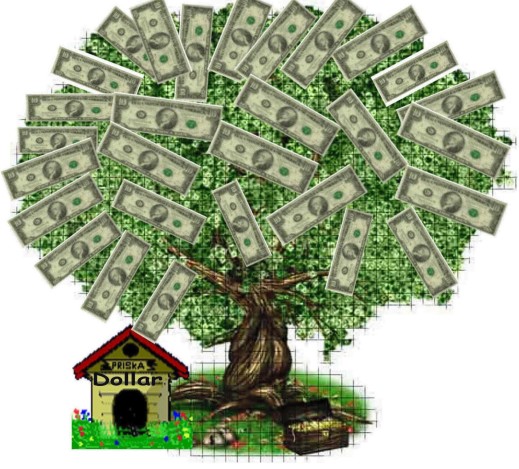 Trade deficit widens, Fed open to more rate cuts
Trade deficit widens, Fed open to more rate cutsThe U.S. trade deficit widened in November, hitting its highest level in more than a year amid then-record oil prices. In other economic news, the chairman of the Federal Reserve said the Fed is prepared to make additional interest rate cuts to stimulate growth. For the week, the S&P 500 Index fell 0.8% to 1,401. The yield of the 10-year U.S. Treasury note fell 6 basis points to 3.82%.
U.S. trade deficit hit 14-month high
The U.S. trade deficit—the gap between the total value of imports and exports—grew 9% to $63.1 billion in November from $57.8 billion in October. It was the biggest trade gap recorded since September 2006, according to Commerce Department data. Analysts attributed the wider deficit, in part, to higher import prices for oil. Overall, imports rose by $6 billion, while exports were up $600 million. Compared with a year ago, the trade deficit is up $4.7 billion, or 8%.
Chairman Bernanke: Fed ready to make 'substantive' rate cuts
Citing concerns about a weakening economy, Federal Reserve Chairman Ben S. Bernanke said in a speech Thursday that he's open to further reductions in the federal funds rate, which greatly influences the cost of borrowing for businesses and consumers. Mr. Bernanke said the outlook for 2008 "has worsened and the downside risks to growth have become more pronounced." The Fed chairman said he is especially concerned about what appears to be a further decline in the demand for housing caused in part by continuing troubles in the mortgage markets. "We stand ready to take substantive additional action as needed to support growth and provide adequate insurance against downside risks," he said. The Fed cut rates on three occasions last year for a cumulative reduction of one percentage point in the federal funds rate. Fed policy makers next meet January 29 and 30 to vote on interest rates.
Consumer borrowing rose sharply, exceeding expectations
U.S. consumers ramped up their borrowing in November as consumer credit outstanding rose by $15.5 billion from October's number to $2.5 trillion. The increase—7.4% on an annualized basis—was nearly twice the $8 billion that had been forecast. Revolving debt, primarily credit card borrowing, jumped at an 11.3% annualized rate. Analysts said the housing slump has increasingly forced consumers to rely on credit cards because it's now more difficult to get home equity loans. Nonrevolving credit, primarily auto loans, climbed at a 5.1% annual rate, after declining 3.5% in October.
The economic week ahead
A busy week for economic news will include the latest readings on two closely watched inflation gauges—the Producer Price Index (Tuesday) and the Consumer Price Index (Wednesday). The release on Friday of The Conference Board's index of leading economic indicators will provide a reading on the outlook for the U.S. economy. Also due are reports on retail sales (Tuesday), business inventories (Tuesday), industrial production (Wednesday), and new residential construction (Thursday). Analysts will also await the Wednesday release of the Fed's Beige Book.



